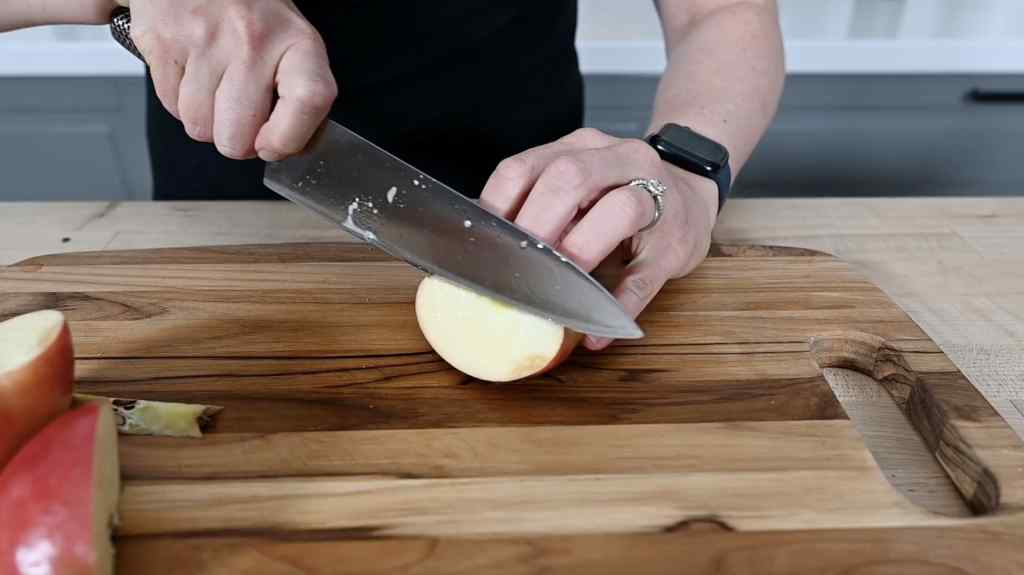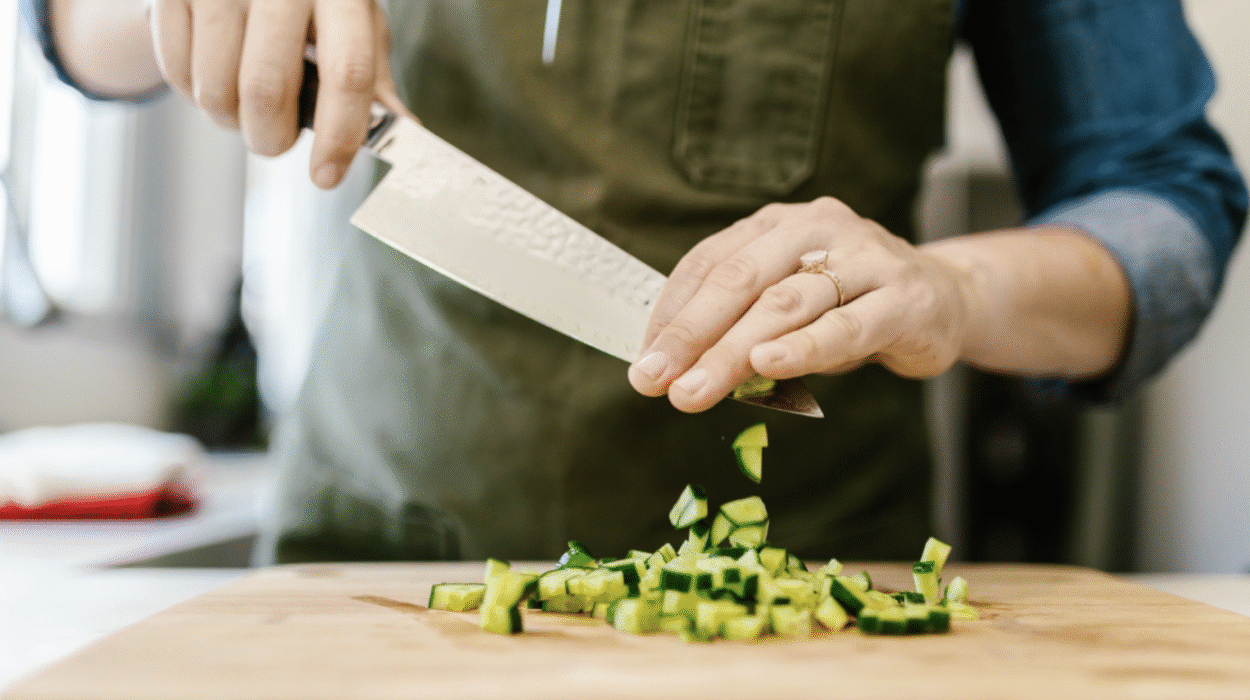The world of culinary arts is rich with tools that chefs swear by, and among these, German knives hold a special place. Renowned for their precision and durability, German knives have become indispensable in professional kitchens worldwide. In this article, we delve into what chefs say about German knives, exploring their features, benefits, and the reasons why they are a favorite among culinary experts.

Understanding the Popularity of German Knives
German knives are celebrated for their high-quality craftsmanship. Chefs often highlight their exceptional balance and ergonomic designs, which make them comfortable for prolonged use. The blades are typically made from high-carbon stainless steel, offering superior sharpness and edge retention. As one chef noted, ‘A German knife is not just a tool; it’s an extension of my hand, allowing me to work with precision and confidence.’
The Craftsmanship Behind German Knives
One of the key aspects that chefs admire in German knives is their impeccable craftsmanship. Brands like Zwilling and Wsthof have been crafting these knives for centuries, utilizing traditional techniques combined with modern innovation. This blend of old and new results in knives that are not only beautiful but also incredibly functional. For those interested in the history of these iconic tools, the history of Zwilling knives offers a fascinating insight.
Features That Set German Knives Apart
When chefs discuss the features of German knives, several key elements stand out:
Blade Sharpness and Durability
German knives are known for their sharp, durable blades. The high-carbon stainless steel used in their construction ensures that they maintain their edge longer than many other knives. A chef from a renowned restaurant commented, ‘I rarely need to sharpen my German knife, and when I do, it takes an edge beautifully.’ Understanding the German knife hardness scale can provide more technical insight into why these blades are so resilient.
Ergonomic Design
The ergonomic design of German knives is another feature that chefs appreciate. The handles are crafted to fit comfortably in the hand, reducing fatigue during long hours of food preparation. This aspect is crucial in maintaining efficiency and safety in a bustling kitchen environment.
Comparing German Knives with Other Brands
While German knives are highly regarded, it’s essential to understand how they compare to other popular knife brands. A common comparison is between German and French knives. German knives are typically heavier and sturdier, making them ideal for tasks that require more force, such as chopping and cutting through bones. In contrast, French knives are often lighter and more flexible, suited for more delicate tasks. For a detailed comparison, you can explore the differences between German and French knives.
Chef Testimonials on German Knives
Many chefs have shared glowing reviews of their experiences with German knives. A well-known chef from New York mentioned, ‘Switching to German knives was a game-changer. The precision and control they offer are unmatched.’ These testimonials highlight the trust and reliance placed on these knives in professional settings.
Maintaining German Knives
Proper maintenance is vital to ensuring the longevity and performance of German knives. Chefs emphasize the importance of regular sharpening and proper storage. For practical tips on maintaining these valuable tools, the knife care tips from Victorinox are an excellent resource.
Sharpening Techniques
Sharpening is a crucial aspect of knife maintenance. Many chefs prefer using a honing steel regularly to keep the edge aligned and a sharpening stone for more thorough sharpening. ‘A well-sharpened knife is safer and more efficient,’ one chef remarked, emphasizing the importance of this practice.
Storage Solutions
Storing German knives properly is essential to prevent damage to the blade. Magnetic strips, knife blocks, and protective sheaths are popular choices among chefs to keep their knives in optimal condition.
Conclusion: The Verdict on German Knives
In conclusion, what chefs say about German knives overwhelmingly supports their reputation as top-tier kitchen tools. Their combination of craftsmanship, durability, and ergonomic design makes them a favorite among culinary professionals. Whether you’re a seasoned chef or an aspiring home cook, investing in a German knife can elevate your culinary experience.

FAQs About German Knives
Are German knives suitable for beginners?
Yes, German knives are an excellent choice for beginners due to their balance and ease of use. For those just starting, exploring German knife sets for beginners can provide a good introduction.
How often should I sharpen my German knife?
The frequency of sharpening depends on usage, but generally, honing should be done regularly, and sharpening every few months is recommended.
What makes German knives different from other knives?
German knives are distinguished by their robust construction, high-carbon stainless steel blades, and ergonomic designs, making them durable and efficient for various kitchen tasks.
This article contains affiliate links. We may earn a commission at no extra cost to you.


